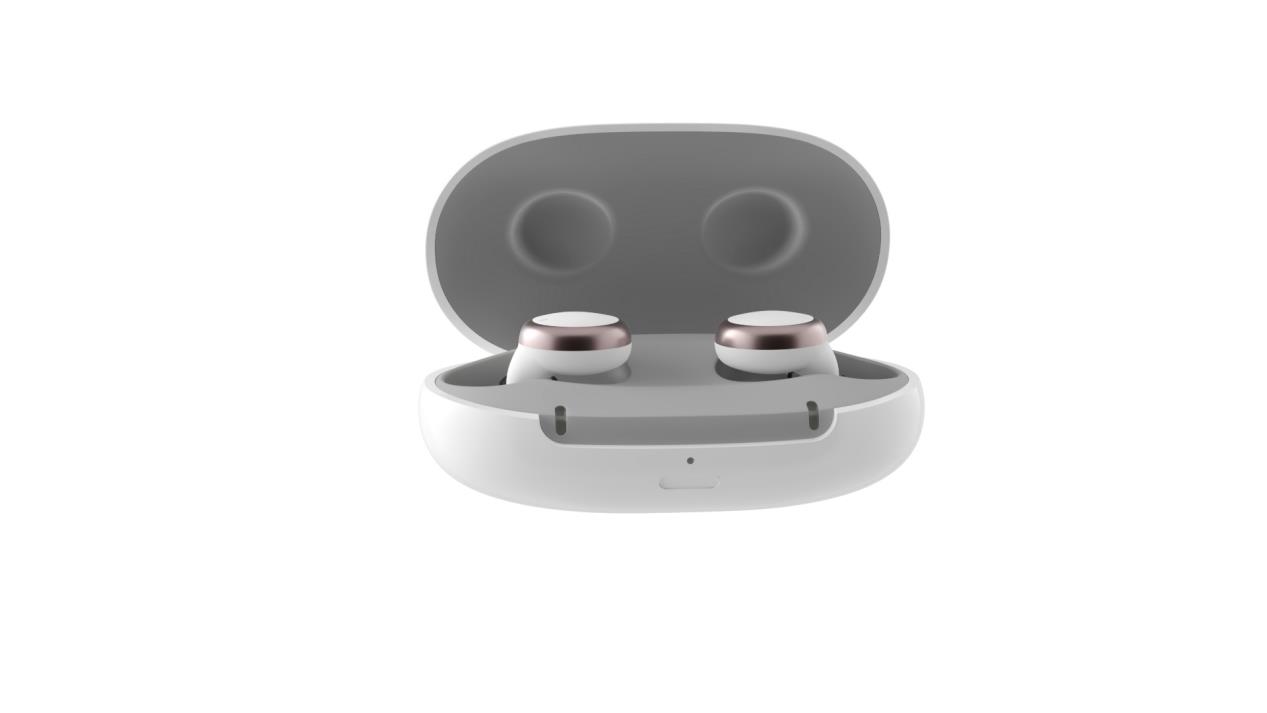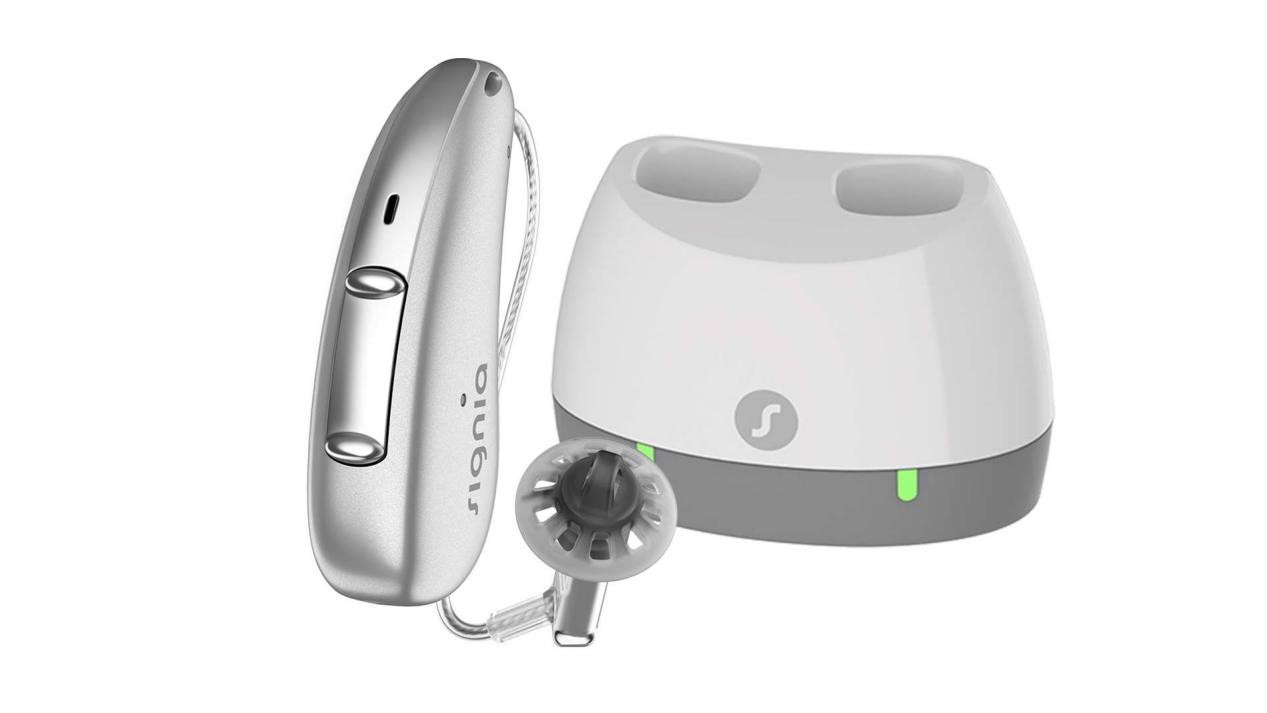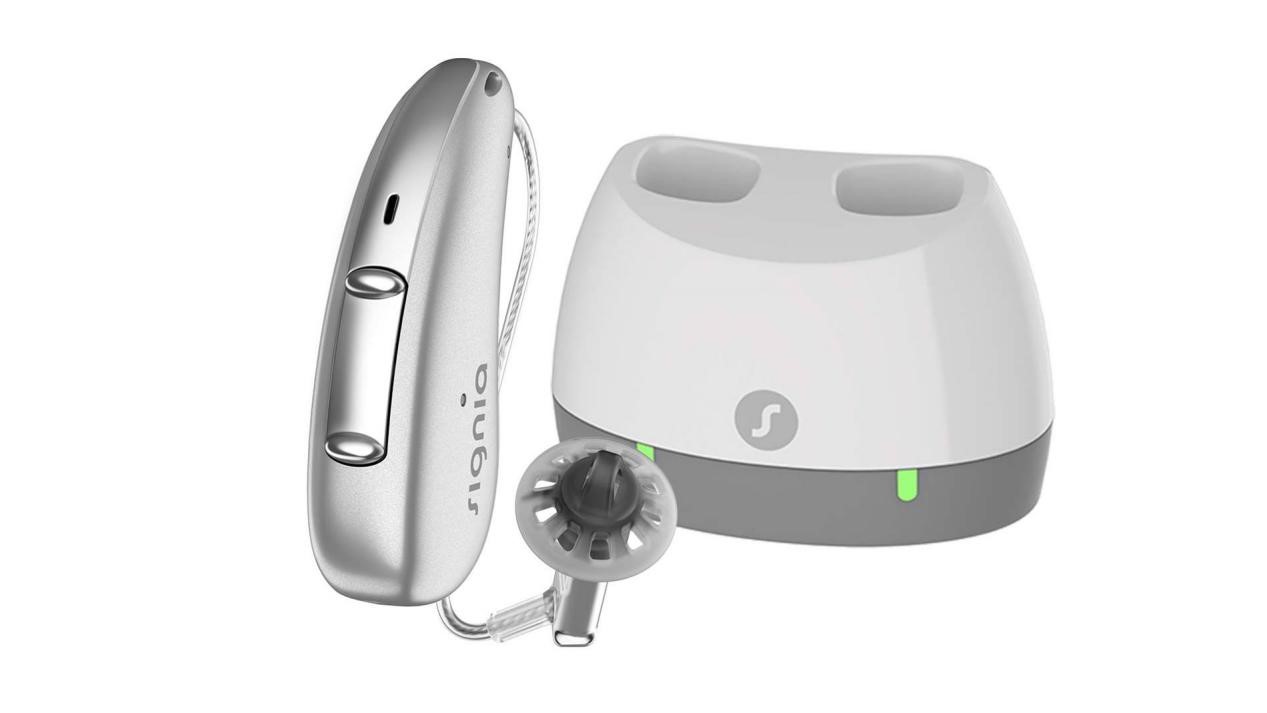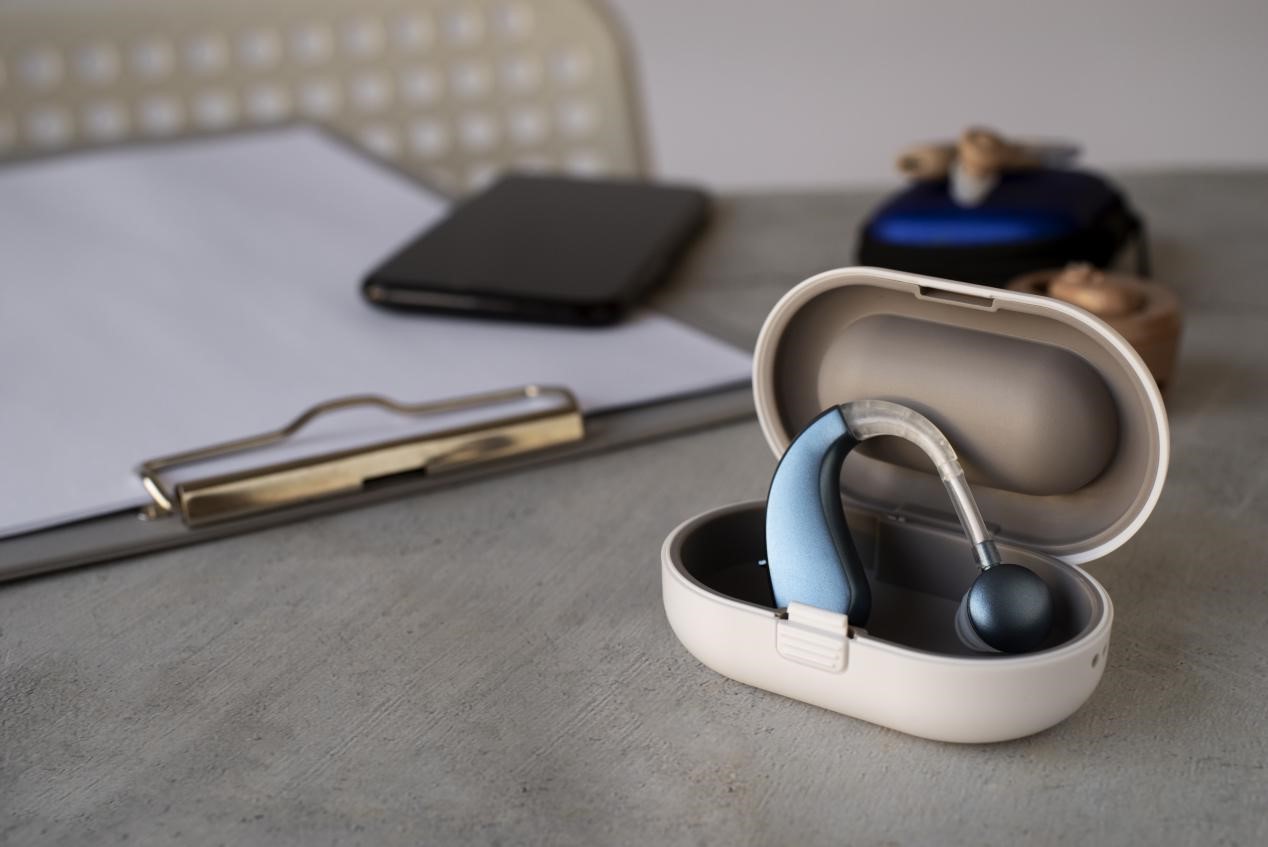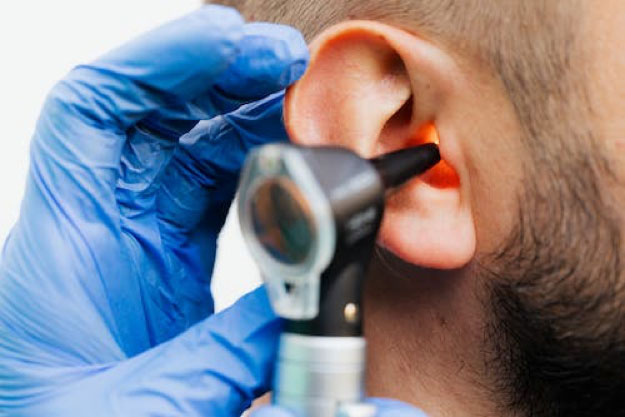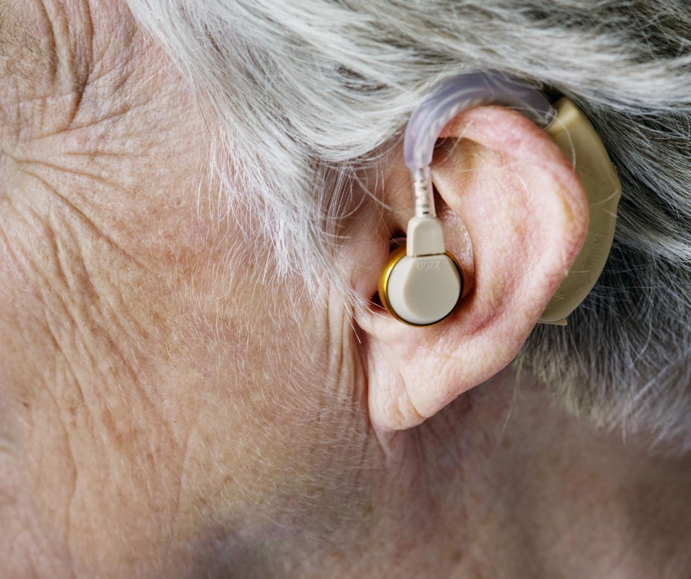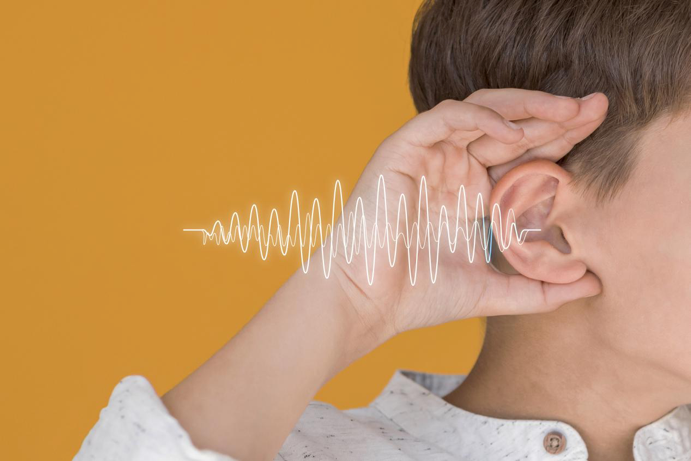Bluetooth Hearing Aids Benefits
If you’re seeking a modern touch to enhance your hearing experience, you’ve come to the right place. Audi Hearing is beyond thrilled to walk you through the wonders of Bluetooth hearing aids. In this guide, we are excited to share with you the latest advancements in these compact devices, which go beyond the traditional features of standard hearing aids.
Table of Contents
The World at Your Ears
Have you ever envisioned owning a device that intuitively understands your needs? Bluetooth hearing aids stand as the epitome of personal auditory assistants, seamlessly synchronising with the electronic devices surrounding you to facilitate a flawless and enriched experience. Whether it is your smartphone, television, or any other Bluetooth-enabled device, connectivity is achieved with effortless precision, enhancing your daily interactions and engagements. If you’re interested in diving deeper into the advanced technology behind this, we suggest checking out the Australian Government’s Communications website for an in-depth look at the innovative developments in this sector.
Effortless Configuration
We understand that convenience is paramount, and these advanced devices truly rise to the occasion. Eliminating the necessity for additional devices, Bluetooth hearing aids streamline your audio experiences, whether you are immersing yourself in a podcast or an engaging audiobook. Furthermore, these devices offer the added advantage of discreet adjustments directly from your smartphone or tablet, granting you complete control with the utmost privacy and ease.
Sound Quality
Brace yourselves for a sound quality that’s nothing short of brilliant. These aids are armed with top-notch sound processing tech that cuts down Intrusive background noise, helping you zone in on your conversations or audio delights.
Keeping it Safe and Snug
Your well-being is our top priority. Our Bluetooth hearing aids are all up to date with the health and safety guidelines put forth by the Australian Government’s Department of Health . Not only do they enhance the auditory experience, but they also make sure to keep your ears safe from high sound levels.
Quality of Life, Amplified
Let’s face it – we are living in a world brimming with technology. Bluetooth hearing aids are like having a front-row ticket to a world of amplified and vibrant sounds. Imagine not having to struggle to hear your favourite telly show or the gentle tunes of morning birds – it sounds delightful.
Moreover, these devices provide a seamless connectivity experience for individuals who prioritize staying connected. Gone are the days of fumbling with hearing aid adjustments manually. You can now manage everything remotely with a tap or swipe on your phone. It’s technology that bends for you, making your life not only easier but also bit more exciting.
A Chat with the Experts
Our team of audiologists at Audi Hearing are always ready for a friendly chat. We are the team of experts ready to assist you in navigating through the myriad of options available, and help you select the one that aligns best with your preferences and needs.
Moreover, we’ve got a wealth of knowledge about the nitty-gritty of hearing health, so you can count on us for advice, tips, and guidance. And let’s not forget the personal touch we add to each consultation, making your journey towards better hearing a pleasant and memorable one. Lean more here!
A Community of Happy Ears
We believe that happiness is truly amplified when shared. At Audi Hearing, we are fostering a vibrant community of individuals who have transformed their lives with the help of Bluetooth hearing aids.
Their stories are not just testimonials; they are affirmations of the improved quality of life, thanks to these brilliant devices
A Commitment to Excellence
In the heart of Audi Hearing lies a commitment to excellence. Every product we recommend is backed by research and meets the highest standards of quality and safety, complying with the stringent guidelines of the Australian Government’s Department of Health.
It’s not just about the hearing aids, but the seamless service and aftercare that sets us apart. We’re here for the long haul, making sure your experience is nothing short of spectacular.
Embracing The Future
As we approach the conclusion of our comprehensive discussion, we offer a gentle suggestion. If you find yourself contemplating the transition to Bluetooth hearing aids, we encourage you to embrace the opportunity.
Conclusion
Embark on a journey where every sound transforms into a harmonious melody, where conversations seamlessly intertwine, and life takes on a more vibrant hue. It is imperative to recognize that these devices are not merely instruments, but a gateway to a life enhanced by a spectrum of enriched auditory experiences.
For a more comprehensive understanding of the technology in audiology, you can delve into the resources provided by the Australian Communications and Media Authority and the Australian Digital Health Agency. These reputable sources offer valuable insights into the intersections of technology and healthcare, ensuring you’re well-informed in your pursuit of enhanced auditory experiences. At Audi Hearing, our mission revolves around infusing a touch of happiness into your auditory encounters, shaping each moment one distinct sound at a time. Reach out to us today!
Frequently Asked Questions
What sets Bluetooth hearing aids apart from the traditional ones?
They offer wireless connectivity, allowing for seamless integration with various modern gadgets.
Can I connect my Bluetooth hearing aids to multiple gadgets?
Absolutely, you can easily connect them to multiple devices for a streamlined experience.
Do Bluetooth hearing aids offer a top-notch sound experience?
Absolutely, they deliver crystal clear sound quality for an immersive auditory experience.
Any government rebates up for grabs with Bluetooth hearing aids?
Yes indeed, check the Australian Government's Hearing Services Program for potential rebates.
Bluetooth Hearing Aids Benefits Read More »

